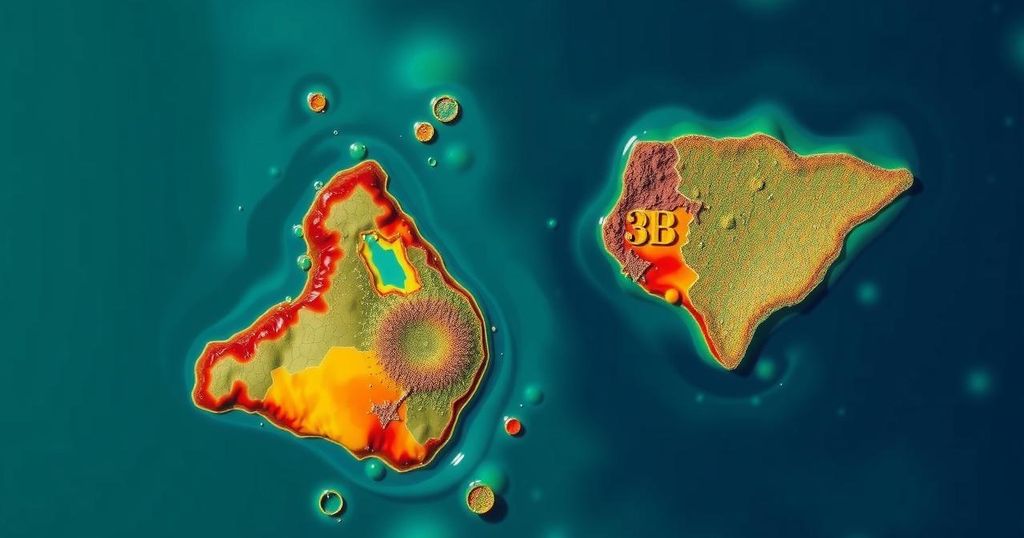Seychelles and Kenya are collaborating to develop a national biological risk assessment tool through Project 99, funded by the European Union. A workshop is currently being held to help experts identify and evaluate biological threats, focusing on health, agriculture, and environmental stewardship. This initiative aims to enhance regional preparedness for biological incidents over the next five years.
The Republics of Seychelles and Kenya are collaborating on the development of a national biological risk assessment tool aimed at identifying critical areas susceptible to biological incidents over the next five years. A workshop is currently underway at the Savoy Resort and Spa in Beau Vallon, where thirty experts from diverse fields are participating. This initiative is part of the broader European Union-funded Project 99, which focuses on enhancing preparedness for biological threats in Eastern and Central Africa.
Experts attending the workshop are drawn from health, agriculture, and environmental sectors and are pivotal in addressing biological incidents. During the event, participants are assessing potential biological threats, which include diseases affecting animals that could impact human health. This strategic analysis is necessary given the rapid development occurring in the region, with varying risks associated with chemicals, radiological, and biological factors.
Dr. Jimmy Melanie, a Seychellois representative, emphasized the importance of this training for mapping risks, stating, “This training will help us map our risks, as we can see there is so much development happening that risks can be chemical or radiology or even biological.” The workshop discussions also cover the identification of toxins from plants and the implications of viruses—challenges the region must prepare for, particularly illnesses like avian influenza.
Prior to this workshop, attendees underwent training in Nairobi in June, where they received an introduction to the national biological risk assessment tool. This project, which spans until 2026, aims to empower experts in creating a comprehensive list of potential biological risks. Scott Spence, the team leader for Project 99, noted that participants will conclude the workshop with the capability to identify both emerging biological threats and risks relevant to the short and medium term.
This workshop also explores worst-case scenarios regarding outbreaks, including the likelihood of a pandemic within the next five years and its potential impacts on Seychelles and Kenya. Dr. Sprokholt, a key expert for the project, remarked on the necessity of recognizing the connectivity of human, animal, and environmental health, suggesting a ‘one health perspective’ that all stakeholders must adopt to effectively tackle these risks.
The development of a biological risk assessment tool is crucial for enhancing the capabilities of Seychelles and Kenya in managing biological threats. As biological incidents can arise from a range of causes including zoonotic diseases and environmental changes, systematically assessing these risks can provide countries with the foresight needed to implement preventive measures. Project 99, which is a collaboration among 11 member countries, aims to build regional capacities to adequately prepare for and respond to such incidents. The focus on a ‘one health perspective’ underscores the interconnectedness of human, animal, and environmental health in risk assessment and management.
In conclusion, the collaborative efforts between Seychelles and Kenya through Project 99 signify an important step in biological risk assessment and management in Eastern and Central Africa. By engaging experts across various sectors, the workshop seeks to harness knowledge and skills necessary to identify, evaluate, and prepare for potential biological threats. With the support of the European Union and other international bodies, this initiative not only promotes regional preparedness but also enhances the overall understanding of biological risks affecting public health and safety.
Original Source: www.seychellesnewsagency.com






